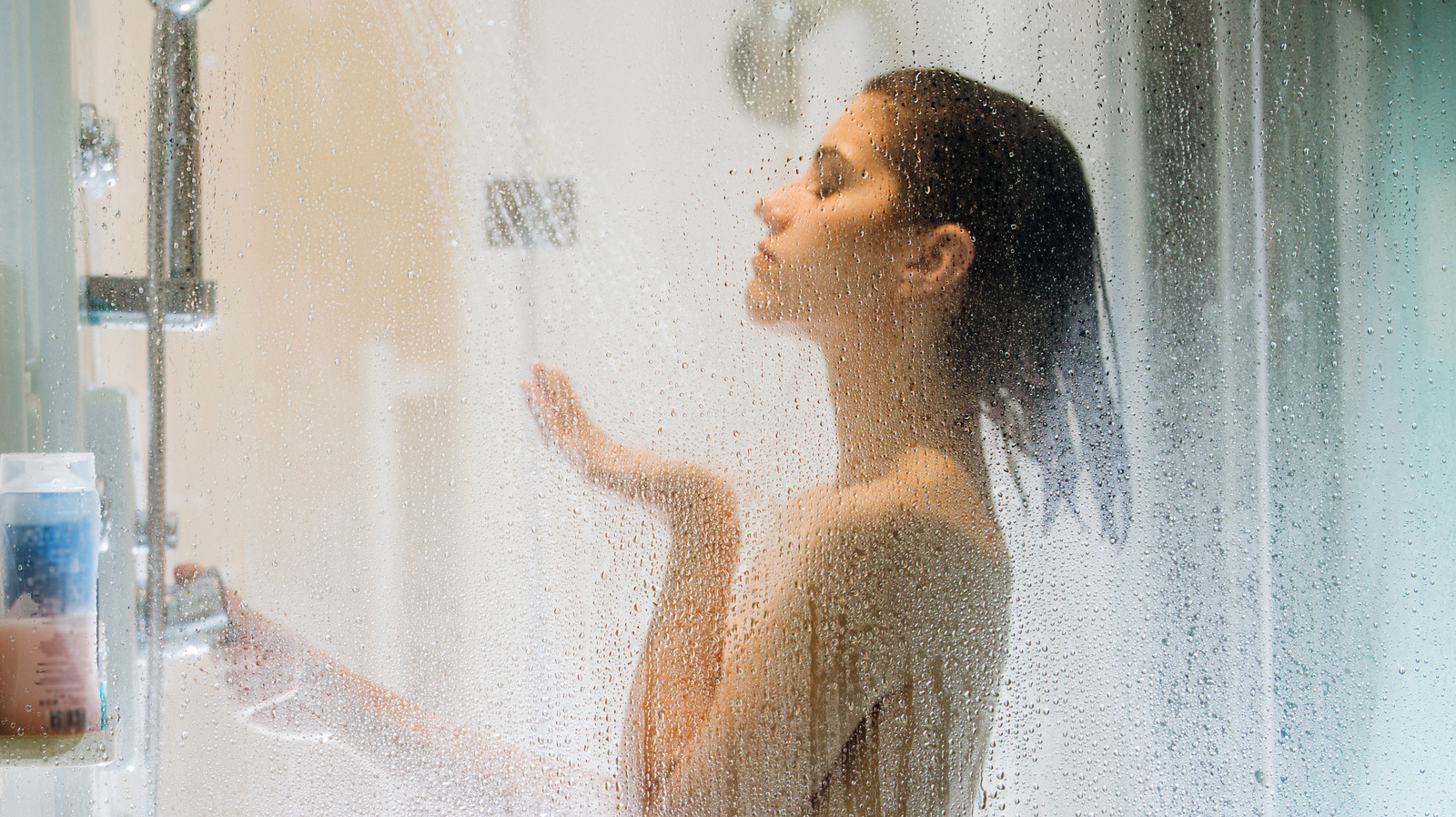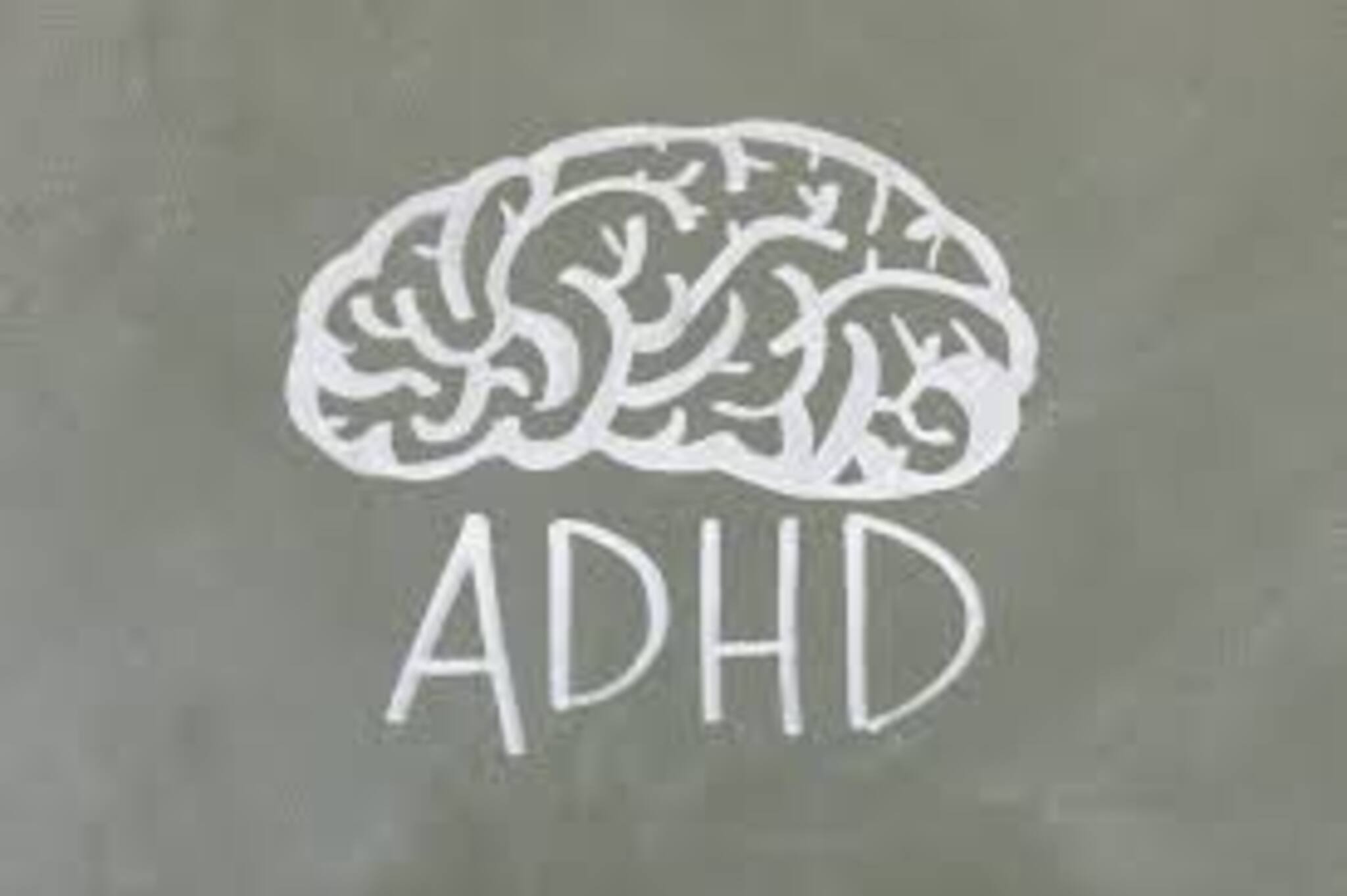Why Do I Hate Showering With ADHD?
People who suffer from a condition known as ADHD (Attention-Deficit/Hyperactivity Disorder) hate showering, but experiences can vary greatly among individuals. Some people with ADHD may struggle with certain aspects of showering due to the symptoms and challenges associated with the condition. If someone with ADHD is struggling with showering or any other aspect of daily life, it can be helpful to seek support from healthcare professionals or ADHD specialists who can provide guidance and strategies tailored to their specific needs. According to a survey report, it was estimated that around 15% of individuals suffer from ADHD every year. Our team at Journeytelepsych.com, are available to support your support you in every step you take.
In this blog post, you’ll look at the reasons why taking a shower can be particularly challenging for people with ADHD and talk about some possible solutions.

Six Reasons Why Showering is Difficult with ADHD

1. Sensory Overload
Sensory overload is a common occurrence in people with ADHD. It can result from the overpowering sense of water, the sound of flowing water, and the feeling of dampness on the skin. Your brain receives this sensory information more intensely or longer than normal. This overload may make you uncomfortable and anxious to concentrate on the current task.
2. Absence of Motivation
Showering with ADHD seems tedious and time-consuming, similar to going through a room full of mismatched socks. The easiest things need an excessive amount of work and energy. Difficulties with motivation and executive functioning are hallmarks of ADHD. Showering necessities, such as setting up and sticking to a schedule, may take a lot of work to initiate and complete the bathing procedure when there is a lack of intrinsic drive.
3. Time Management
Poor time management abilities and trouble accurately calculating time are linked to ADHD. This may lead to two outcomes: rushing through the showers, skipping necessary hygiene procedures, taking an excessively long time, and delaying daily obligations. Studies have shown that activity levels in multiple brain regions, including the prefrontal cortex, are related to the perception and estimation of time. Reduced activity in these brain areas could influence how poorly time is perceived.
4. Boredom and Monotony
Routine tasks can easily become tedious and repetitive for those who suffer from ADHD. Because taking a shower is a repetitious task, one could find it difficult to focus, which makes you want to rush through it or skip it entirely.
5. Challenges with Executive Functioning
Planning, organizing, and sequencing are among the executive functioning skills frequently hampered by ADHD. These abilities are necessary for finishing a showering routine, which entails some actions like undressing, changing the water’s temperature, shampooing, and rinsing. Confusion and irritation may ensue from organizing and scheduling these procedures incorrectly.
6. Inattentiveness and Distractibility
Individuals with ADHD find it challenging to stay focused and pay attention. Their thoughts may wander when showering, making it problematic for them to focus and remain in the moment. This may cause one to take longer than necessary, forget where they are going, or become easily sidetracked by other ideas and stimuli.
Strategies to Overcome Showering Challenges

To overcome showering challenges associated with ADHD, here are some strategies you can opt for help: –
1. Establish a Routine
Establishing a regular shower schedule can give structure and boost the probability of following through. Assign a fixed time each day to take a shower and make sure it fits into your routine. Starting and finishing a task might be aided by following a regular schedule.
2. Employ Visual Reminders
Reminding and urging people with ADHD to take a shower can be accomplished with the help of visual signs. Sticky notes or visual cues like bathroom mirrors or doors should be placed in conspicuous places to act as a visual cue to start the showering procedure.
3. Divide Tasks Into Smaller Processes
Showering requires several processes, which can be too much for those with ADHD to handle. The procedure can be more realistic by dividing it into smaller, more doable parts. Make a list of all the steps involved in showering or use a visual aid. This can aid in work organization and sequencing.
4. Set Timers or Alarms
Effective time management can be difficult for those with ADHD. People with ADHD may find staying on task easier and reducing shower time by setting timers or alarms. Ensure you allot enough time for the activity by setting a timer or alarm to reflect how long you want to shower.
5. Employ Sensory Modifications
Try different sensory adjustments to improve the comfort of taking a shower. For instance, turn down the water’s temperature until it’s comfortable and calming. To discover the water pressure setting that suits you best, consider using a showerhead with adjustable settings. Another way to improve and prolong the sensory experience is to use scented soaps or shower gels. They’re easily available in the local market.
6. Make Shower Fun
Look for methods to add more stimulation and engagement to taking a shower. While taking a shower, play your favorite music or tune in to podcasts or audiobooks. This can keep you interested and improve the quality of the encounter. To add intrigue to the sensory experience, you can experiment with different shower products and textures, such as sponges or loofah.
7. Seek Assistance
Speak with someone like Journey Psyche who specializes in treating ADHD They can help, coping mechanisms, talk therapy, lifestyle changes, and talk therapy. They will provide you advice and methods to aid with showering difficulties. Remember that you may need to experiment a little before you find what works best for you. Have patience with yourself and acknowledge your little accomplishments as you go. Showering may be made more fun and doable with the correct techniques and perseverance.

Conclusion
Individuals with ADHD may face distinct obstacles when taking a shower, such as heightened sensitivity to stimuli, issues managing their time and motivation, boredom, and deficits in executive functioning.
However, people with ADHD can get past these difficulties and create a more successful showering routine by realizing these difficulties and putting strategies like routines, sensory adjustments, time management techniques, engaging the experience, and seeking support into practice.
Remember that the secret to making showering more bearable and pleasurable is to figure out what works best for you. Be patient and consistent in your attempts.
Let us help you achieve Mental Clarity Book an appointment for an ADHD assessment today.




